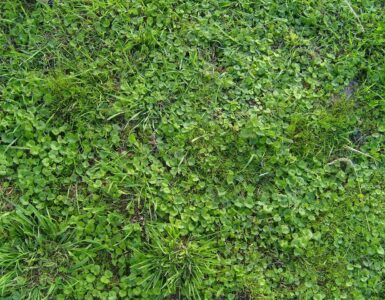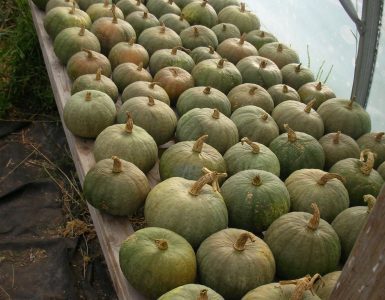Like many of you, I find that going for a walk is a good way to clear my head. Much like spending time in the garden in warmer weather, being outside in nature helps me to solve problems and get a new perspective.
It’s common sense that some fresh air and a change of scene can encourage creative thinking. But there’s also a growing body of scientific research suggesting that spending time in nature—whether strolling in the park or weeding in the garden—can actually make you more intelligent.
In 2012, researchers Ruth Ann Atchley, David L. Strayer, and Paul Atchley published the results of a study on creativity and hikers. They found that after a multi-day hike in a natural environment, people performed a remarkable 50 per cent better on tests of creative problem solving.
They attribute the improvement to “attention restoration.” The researchers explain: “Our modern society is filled with sudden events (sirens, horns, ringing phones, alarms, television, etc.) that hijack attention. By contrast, natural environments are associated with a gentle, soft fascination”, which replenishes the brain’s ability to concentrate and pay attention.
You don’t need to spend days hiking through the wilderness to replenish your problem-solving abilities. Other research suggests that twenty minutes in green space—or even looking at slides of nature scenes—can offer a (smaller) boost to cognitive skills.
The benefits aren’t just intellectual, but also apply to emotional intelligence. Researchers from the University of California’s Children’s Digital Media Center recently looked at how children’s emotional skills change based on whether they are spending time on screens versus in nature.
Their conclusions (published October 2014 in Computers in Human Behaviour) found that preteens who spent five days at an outdoor camp without screens were substantially better at reading “nonverbal emotional cues.” In other words, they were better at interpreting facial expression and body language than a control group who had spent that amount of time in a typical routine online and watching TV.
Being more able to read the emotional cues about people around us makes it easier to get along. This is in line with other research suggesting that kids who have more access to green spaces are less likely to experience bullying and other social conflicts.
There’s another way that spending time in nature might make us smarter, and that’s through our microbiome. There is growing recognition that our microbiome—the collection of microbes like bacteria that live on and inside of our bodies—has a substantial effect on our health and well-being. The human microbiome has been tied to our chances of developing everything from depression to diabetes.
And it could also affect our intelligence, as research in mice demonstrates. Researchers Dorothy Matthews and Susan Jenks (of The Sage Colleges in New York) added a type of bacteria called mycobacterium vaccae to the diet of experimental mice, yielding some very surprising results.
Mycobacterium vaccae is a common soil bacteria; it’s harmless, and there’s seemingly nothing special about it. Mice in a sterile laboratory environment wouldn’t normally be exposed to it.
But Matthews and Jenks found that mice who were fed mycobacterium vaccae were able to navigate a maze twice as fast. The researchers suggest that the friendly bacteria made the mice learn more easily, as well as making them less anxious. Further research into the bacteria is underway.
When I was a younger, my parents told me to turn off the TV and go outside. Maybe parents of the future will add: “Because friendly microbes will make you smarter.”
Aric McBay is a farmer and author. He lives and works at a mixed family farm with a dairy herd and a vegetable operation.







